
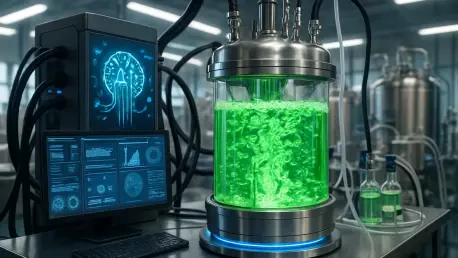
What happens when the demand for life-saving drugs outpaces the ability to produce them efficiently? In an era where biologics—medicines derived from living organisms—are revolutionizing treatments for cancer, diabetes, and rare diseases, the biopharmaceutical industry grapples with staggering

Imagine a world where robots move with the same grace and precision as human limbs, or where medical implants integrate seamlessly with the body to restore lost functions, transforming lives in unimaginable ways. A groundbreaking development in biohybrid technology is bringing this vision closer to
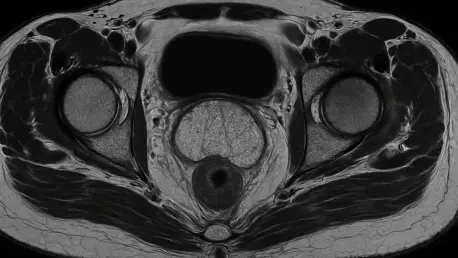
What if a diagnostic tool could save lives by detecting prostate cancer just as effectively, but in half the time and at a fraction of the cost? This isn’t a distant dream but a reality unveiled through a groundbreaking clinical trial that’s turning heads in the medical community. Prostate cancer,
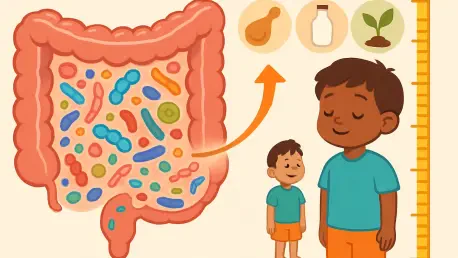
Imagine a world where millions of children struggle to grow, not just because of a lack of food, but due to invisible forces within their own bodies, affecting their development profoundly. Over 150 million children globally face undernutrition, a condition that stunts growth, impairs cognition,

This how-to guide aims to provide a comprehensive understanding of electronic nose (e-nose) technology and how it can be applied to enhance food safety detection. It offers step-by-step insights into implementing this innovative solution to identify hidden foodborne pathogens such as Salmonella and
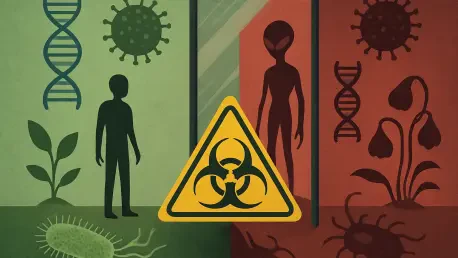
Imagine a world where synthetic organisms, engineered with molecular structures completely alien to natural life, could proliferate unchecked, evading all known defenses and disrupting ecosystems on a global scale. This is the unsettling promise of mirror life, a cutting-edge area of synthetic

The Colony Counters Market is witnessing an unprecedented surge, fueled by groundbreaking technological advancements and a pressing need for precision in microbial analysis across various industries. A recent comprehensive report underscores how these specialized devices, designed to count and
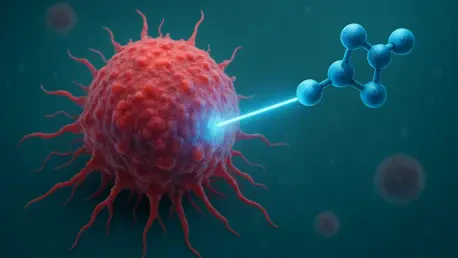
The fight against cancer is entering a bold new era, where the intricacies of tumor biology are reshaping the very foundation of clinical trials and therapeutic development, moving beyond outdated methods to address the real challenges of treatment resistance. For too long, cancer treatments have
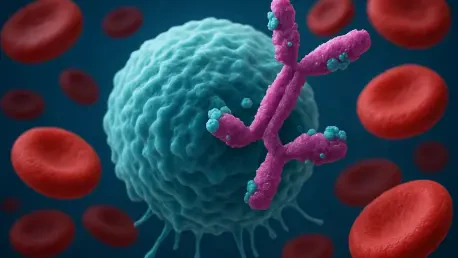
Small cell lung cancer (SCLC) continues to pose a significant challenge in oncology, with its aggressive progression and limited treatment avenues leaving patients and clinicians grappling for solutions. Representing roughly 10-12% of all lung cancer diagnoses worldwide, SCLC is notorious for rapid
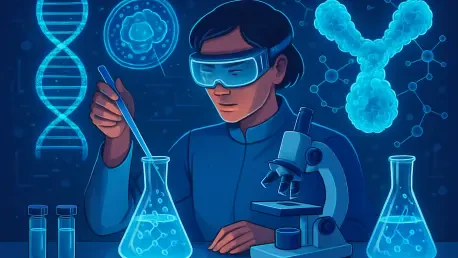
Synthetic biology stands at the forefront of a transformative wave in the industrial enzymes market, promising to reshape how industries approach efficiency, sustainability, and innovation over the next decade. This cutting-edge field merges genetic engineering, DNA synthesis, and protein design to
ITCurated uses cookies to personalize your experience on our website. By continuing to use this site, you agree to our Cookie Policy